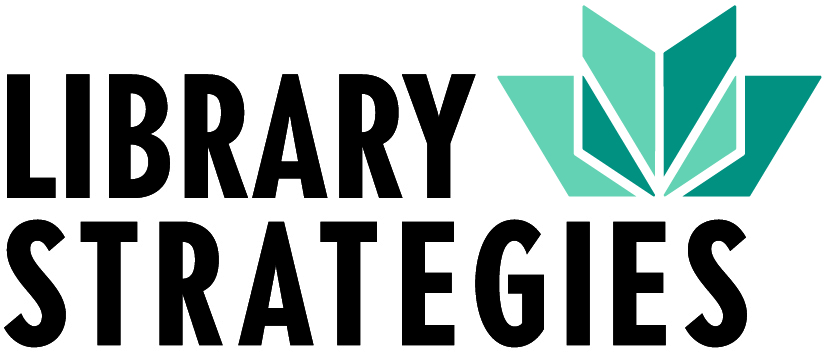What’s Ahead for Libraries in 2024: Thoughts from Our Consultants
Library Strategies consultants and staff gathered virtually to discuss what they are expecting of the library landscape in 2024 and forward. Topics of interest were funding streams, staff stress, “culture war” fallout, and automated/afterhours library services.
Staff Uncertainty
Consultants were honest that they are seeing a lot of burnout and uncertainty from library staff. They are observing the results of years of concerted push from those with agendas opposing intellectual freedom. This has a negative impact on staff morale, funding, and sense of physical safety. However, there has also been an increase in community efforts to stand strong for the resource of a public library, as well as push back against efforts to curtail the freedom to read. Sharon Griggins spoke of two small communities whose libraries lost funding, only to have the citizens rally around, many reporting they had never been involved in organizing before.
More Services, Less Funding?
In addition to what Cathi Alloway called “drama-driven cuts made by elected officials waging obvious or subtle culture wars,” Saengmany Ratsabout drew attention to budgetary and staff squeeze in another way. The pressure on libraries to provide social services means library staff are increasingly asking “How do we support access to social services without being the ones responsible for providing the services ourselves?” There is also discussion around the lack of funding that sufficiently recognizes the expectations cities have for libraries to offer services traditionally provided by other underfunded departments. Given various difficulties driving library funding, libraries are searching for fundraising help, and considering organizing into consortia.
Technology and Automation
Our consultants are also curious to see how increases in library automation will alter staffing models. For example, several consultants observed more kiosks dedicated to all the financial transactions that could take place in a library – book sales, donations, and fees. This means that libraries can go entirely cash-free, but what does it mean for the practicalities of staff placement on the floor or a library? How will the ways in which staff casually interact with patrons change as more libraries institute these automated services? As budgets grow tight, will staff positions simply be cut? In a landscape where many small libraries are struggling with smaller and smaller operating budgets and an inability to give staff pay raises, this is a real concern.
Disaster Preparedness
Consultant Kathy Dempsey is particularly interested in the various ways in which libraries can plan for disasters. She has been on the ground in New Jersey in the wake of hurricane clean-up, and sees that libraries are places folks turn to a disaster. However, libraries themselves should have written policies and procedures in place to guide their internal operations in the event of extreme weather or a safety concern. These plans should be specific, helping libraries know where to turn if they need to inform staff and patrons of closure or altered service.
This gathering was a great reminder that Library Strategies’ consultants understand the many difficult and intersecting questions raised in planning processes and beyond. We believe in the importance of connecting library professionals with libraries to address specialty needs such as security and staffing structures. There are challenges, but with a culture of curiosity, we can plan to meet new concerns as they become visible. We value the act of learning from one another in this field, and we bring that with us when we come to you.
